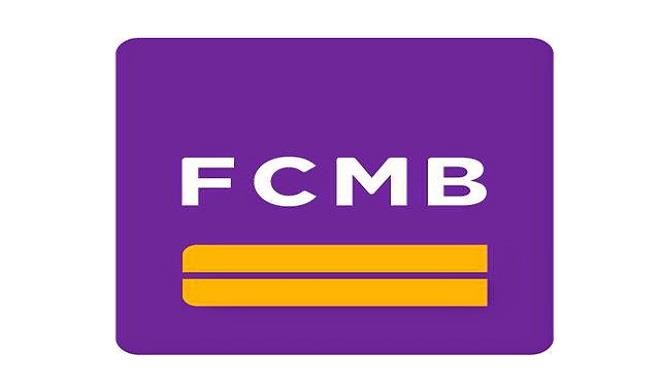- FCMB Introduces Revamped Agro-Commodity Trade Finance Facility to Boost Agriculture
Leading financial services provider, First City Monument Bank (FCMB), has introduced an enhanced agro-commodity trade finance facility for agribusiness operators. The development marks another bold step by the Bank to expand and deepen its support to the agricultural sector, its value-chain and the overall growth of the Nigerian economy.
The revamped facility is designed for agro-commodity merchants with supply contracts to multinationals, large corporates and processors of agro-commodities. Targeted commodities are cocoa, cashew nut, sesame, ginger, palm Oil, grains (maize, sorghum, soya beans, paddy rice). Under this new FCMB trade finance facility which is structured in the form of a working capital, the minimum amount that can be accessed by a qualified customer is N100million, while the maximum is N2billion.
Explaining the rationale behind the introduction of the facility in an enhanced form, the Divisional Head, Agribusiness of FCMB, Mr. Kudzai Gumunyu, said the Bank recognises the gap that exists in agribusiness financing as well as other challenges faced by operators, including farmers, in the sector.
According to him, ‘’we realise there are millions of agro-traders and processors across the country that need credit at convenient and affordable rates, considering the level of attraction the agric sector has garnered. Our decision to introduce a revamped agro-commodity trade finance facility is part of our intervention in the agribusiness space to ensure agribusinesses and other stakeholders are empowered with the requisite funds and enablers to boost production and marketing of agricultural commodities. Commodity producers and traders stand to immensely benefit from this facility, because it is a veritable and convenient opportunity to access funds that ensure cash flow is available for maximum output. We urge all to take advantage of this offering’’.
He assured that FCMB is focused on being a strategic partner in the agric sector to drive the diversification of the Nigerian economy, food self-sufficiency, employment and export earnings.
Highlighting FCMB’s contributions to agribusiness, Mr. Gumunyu said the Bank had sustained the tempo of support through numerous cutting-edge initiatives through innovative products. He said FCMB in 2018, provided lines of credit that peaked at 8 percent of the Bank’s total loan book to the agric sector with the intention to improve on this milestone.
FCMB has consistently proved its mettle as an inclusive and impact investment lender and as an institution that accords agribusiness top priority. For instance, the Bank facilitated and guaranteed the procurement of fifty (50) tractors by the Tractor Owners and Operators Association of Nigeria (TOOAN) Ventures from the Bank of Industry. The tractors were handed over to the Association recently at Ilero town, Oyo State. In addition, FCMB is in partnership with several local and international institutions, such as CBN, BOI, DBN, FMO, International Finance Corporation, USAID, AFD and AGF to provide funding and other classes of support to the agric sector.
Recently, the lender signed a Memorandum of Understanding with the World Savings and Retail Banking Institute (WSBI). The memorandum is aimed at deepening agency banking, financial inclusion and savings culture in the informal and agribusiness sectors, starting with five states, namely Kaduna, Kano, Nasarawa, Ogun and Oyo. The plan is to reach 2 million farmers nationwide by the year 2023.
First City Monument Bank (FCMB) Limited is a member of FCMB Group Plc, which is one of the leading financial services institutions in Nigeria with subsidiaries that are market leaders in their respective segments. Having successfully transformed to a retail banking and wealth management led group, FCMB expects to continue to distinguish itself through innovation and the delivery of exceptional services.
For more information about FCMB’s products and services, please visit www.fcmb.com.


 Naira4 weeks ago
Naira4 weeks ago
 Naira4 weeks ago
Naira4 weeks ago
 Travel4 weeks ago
Travel4 weeks ago
 Naira3 weeks ago
Naira3 weeks ago
 Jobs4 weeks ago
Jobs4 weeks ago
 Naira4 weeks ago
Naira4 weeks ago
 Investment4 weeks ago
Investment4 weeks ago
 Travel4 weeks ago
Travel4 weeks ago



























